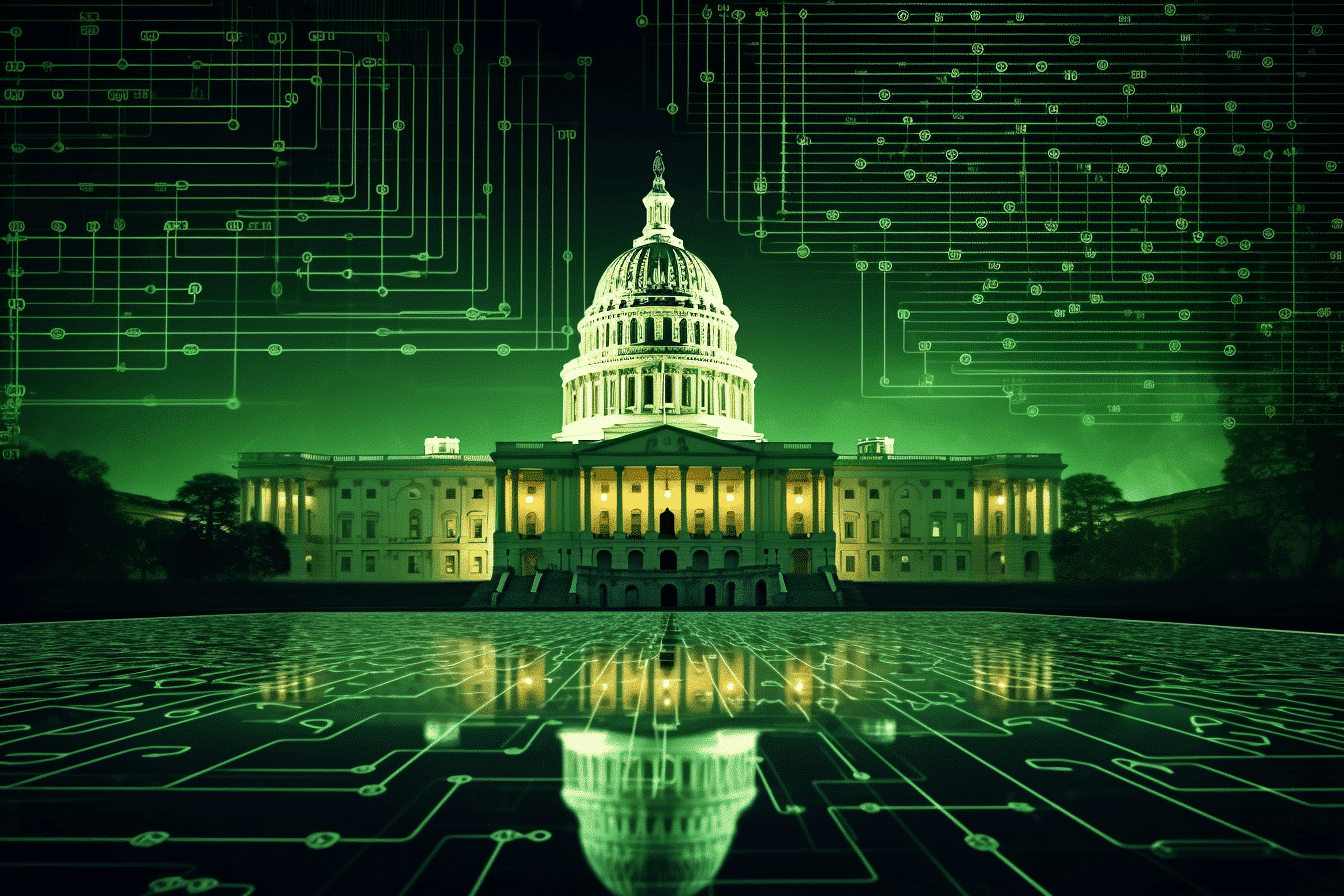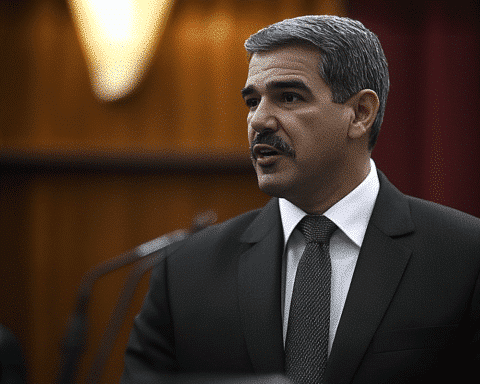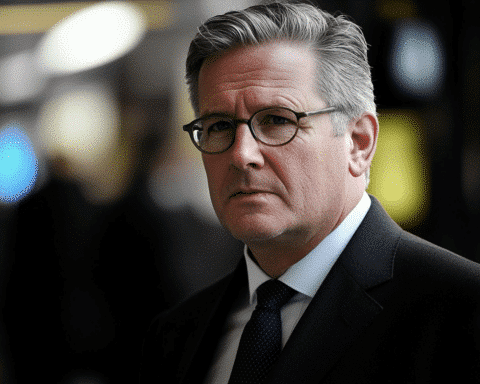In the dynamic realm of artificial intelligence (AI), the White House science adviser, Arati Prabhakar, is emerging as a pivotal figure, guiding President Joe Biden’s stance on AI and its associated risks.
With a career that spans both government and the private sector, Prabhakar is partnering with leading American tech firms such as Amazon, Google, Microsoft, and Meta to shape a comprehensive approach to safeguarding AI technology.
Collaborative Efforts with Tech Titans
Arati Prabhakar, the director of the White House Office of Science and Technology Policy, holds a unique perspective on AI risks. Her experience bridges roles in the government, including leading the Defense Department’s advanced technology research arm, and the private sector, where she held positions as a Silicon Valley executive and venture capitalist. This distinctive background equips her to tackle the complex challenges posed by AI.
Prioritizing President Biden’s Concerns
President Biden turns to Prabhakar for her expertise on artificial intelligence, engaging in focused conversations about AI’s implications and consequences. The president’s keen interest in understanding AI is matched by Prabhakar’s commitment to transforming discussions into actionable steps that address the risks associated with AI.
Balancing Explainability and Complexity
One pressing issue in AI regulation, as highlighted by Senate Majority Leader Chuck Schumer, is the need to make AI models explainable. However, deep-learning systems inherently lack transparency, often functioning as opaque “black boxes.” Prabhakar draws parallels to the pharmaceutical industry’s journey towards safety, citing how clinical trials revolutionized drug evaluation. Similarly, she suggests that while AI may not achieve perfection in transparency, advances can be made to ensure its safety and effectiveness.
Recognizing Concerns and Navigating Collaboration
Prabhakar acknowledges various AI applications that raise concerns. She points to instances where AI chatbots, when manipulated, could potentially provide instructions on building weapons, underscoring the need for robust safety measures. Prabhakar also highlights the historical bias present in AI systems, leading to wrongful arrests, particularly among Black individuals. Privacy issues arising from the aggregation of personal data further compound these concerns.
Collaboration with prominent tech companies, including Google, Microsoft, and OpenAI, is a significant step in addressing AI risks. However, Prabhakar emphasizes that despite companies’ willingness to commit to voluntary safety standards, the reality of market constraints limits their individual efforts. A call for collective government responsibility accompanies this, urging both executive and legislative branches to contribute to comprehensive AI regulation.
A Collaborative and Urgent Path Forward
As the White House science adviser, Arati Prabhakar, takes a leading role in shaping the United States’ approach to AI risks, her partnership with major tech giants and her unique background provide a well-rounded perspective.
The journey towards securing AI technology and mitigating its potential harm is a pressing concern, marked by exploratory conversations, industry collaboration, and a sense of urgency at the highest levels of government.




